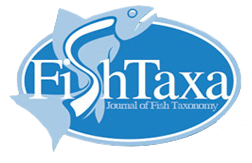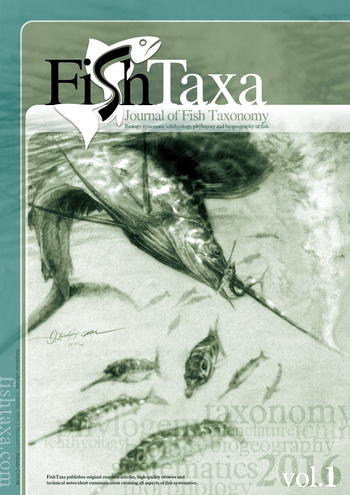Unlocking the Secrets of Ichthyology with Artificial Intelligence: A Taxonomic Revolution
Ali zaib Rasheed Department of Engineering, Macquarie University, Australia.
Andries Villasante Department of Environmental Sciences, Wageningen University, Netherlands
Abstract
This study examines unlocking the secrets related to the ichthyology related to the artificial intelligence. The result also describes that taxonomic revolution related to them. What an artificial intelligence (AI) is changing the subject of ichthyology, with a particular emphasis on how AI may completely change the taxonomy of fish. For determine the research study used smart PLS software and generate descriptive statistic, correlation coefficient also that smart PLS Algorithm model between them. The great diversity and subtle changes seen in the aquatic domain have presented obstacles to identifying and classifying fish species using traditional methods. The use of artificial intelligence, namely machine learning algorithms, is a viable approach to accelerate and improve the taxonomic procedure. Artificial intelligence (AI) can detect cryptic species, uncover hidden patterns, and adjust to changing taxonomic classifications by evaluating a variety of datasets that include morphology, genetics, and behavior. Beyond identification, AI helps conservation efforts by facilitating ecological studies and mapping distribution. To balance the interpretability of AI models, ensure data quality, and navigate ethical issues, ichthyologists and data scientists must work together transdisciplinaryly. This study imagines a future in which the combination of artificial intelligence and ichthyology would reveal the mysteries of fish variety and revolutionize our knowledge, conservation tactics, and sustainability initiatives in the aquatic realm.

